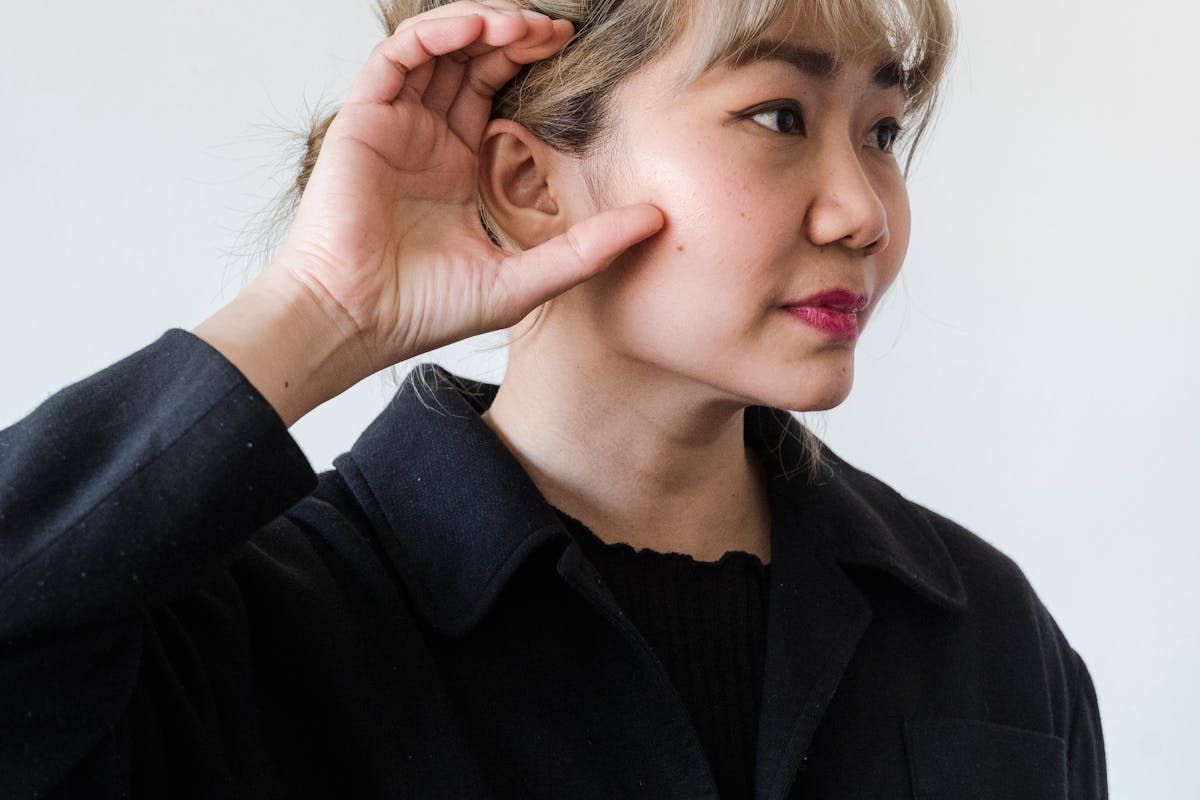

- Regular check-ups with an ENT specialist are essential for monitoring and catching changes early.
- Protecting your ears, maintaining a healthy lifestyle, and using assistive devices can help manage hearing and balance issues.
- Staying informed about the latest treatments and technologies is crucial in exploring all available options.
- Early intervention and a comprehensive treatment plan can significantly impact regaining hearing, balance, and overall well-being.
Hearing and balance issues are more common than many realize, affecting millions worldwide. Whether it’s persistent ringing in your ears, difficulty hearing conversations, or dizziness and vertigo, these problems can significantly diminish your quality of life. Addressing these issues promptly is crucial, as early intervention can prevent further complications and improve outcomes.
This article will explore the causes of hearing and balance issues, the importance of seeking professional help, and the advanced treatments available today. From modern hearing aids and cochlear implants to vestibular rehabilitation therapy and surgical interventions, we’ll cover the latest advancements designed to restore hearing and balance, improving the overall well-being of those affected.

What Causes Hearing and Balance Issues?
Hearing and balance issues can arise from various causes, and understanding these can help you seek appropriate treatment.
Common Causes
- Infections: Ear infections, especially recurrent ones, can damage the ear structures, leading to hearing loss and balance problems.
- Aging: Age-related hearing loss is expected, as the delicate structures of the inner ear can deteriorate over time.
- Trauma: Injuries to the head or ear can result in immediate or delayed issues with hearing and balance.
- Chronic Conditions: Diseases like diabetes and hypertension can also contribute to hearing and balance disorders.
Diagnosis and Early Intervention
An ENT (Ear, Nose, and Throat) specialist is often the go-to professional for diagnosing and treating these conditions. Using a combination of medical history, physical examinations, and specialized tests, an ENT specialist can pinpoint the root cause of your symptoms. Early diagnosis is critical, as it allows for more effective treatment options and prevents the progression of these issues.
Advanced Treatments for Hearing and Balance Issues
Hearing Aids and Assistive Devices
Modern hearing aids have come a long way from the bulky devices of the past. Today, they are smaller, more powerful, and customizable to fit individual needs.
- Types of Hearing Aids: Options range from behind-the-ear models to completely-in-the-canal versions, offering various amplification levels and technology.
- Assistive Listening Devices include devices like amplified telephones and TV listening systems, which can enhance specific sound sources and improve communication.
- Benefits: Personalized hearing solutions can significantly improve the quality of life, making engaging in conversations and enjoying daily activities easier.
Cochlear Implants
For those with severe hearing loss, cochlear implants offer a revolutionary solution.
- What Are Cochlear Implants?: These are small electronic devices surgically implanted to bypass damaged parts of the ear and directly stimulate the auditory nerve.
- Suitable Candidates: Ideal for individuals without traditional hearing aids, particularly those with profound sensorineural hearing loss.
- Success Rates: Cochlear implants have high success rates. They restore hearing abilities and enable users to understand speech and sounds better.
Vestibular Rehabilitation Therapy
Balance issues often stem from problems within the vestibular system, which includes parts of the inner ear and brain that control balance and eye movements.
- Overview: Vestibular rehabilitation is a specialized physical therapy to mitigate these balance disorders.
- Techniques: Exercises focus on improving balance and coordination and reducing dizziness. Techniques may include gaze stabilization and habituation exercises.
- Benefits: This therapy can effectively manage vestibular disorders, helping patients regain their balance and confidence.
Surgical Interventions
When other treatments fail, surgery may be necessary to address hearing and balance issues.
- Types of Surgeries: Procedures can range from repairing eardrum perforations to removing acoustic neuromas (benign tumors on the hearing and balance nerves).
- When to Consider Surgery: Surgery is typically considered when other ineffective treatments severely impact the quality of life.
- Success Rates and Risks: While many surgical interventions are successful, they have potential risks, such as infection or hearing loss in the operated ear.
Medications and Injections
Certain conditions causing hearing and balance issues can be managed with medications.
- Medications: Antibiotics can treat infections, while diuretics can reduce fluid buildup in the ear associated with Meniere’s disease.
- Steroid Injections: For some balance disorders, steroid injections into the middle ear can reduce inflammation and improve symptoms.
- Benefits and Side Effects: While medications can be effective, they also have potential side effects that a healthcare professional should monitor.
Integrative and Alternative Treatments
Alongside traditional medical approaches, integrative and alternative treatments can offer additional relief.
- Holistic Approaches: Acupuncture and chiropractic care are among the alternative treatments that some find beneficial.
- Diet and Lifestyle Changes: Maintaining a healthy diet and regular exercise can help manage symptoms and improve overall well-being.
- Complementary Treatments: These approaches can be used alongside traditional treatments to enhance effectiveness and provide a holistic care plan.
Tips for Managing Hearing and Balance Issues

Living with hearing and balance issues requires ongoing management and care. Here are some tips to help you maintain your quality of life:
- Regular Check-Ups: Frequent visits to an ENT specialist can help monitor your condition and catch any changes early.
- Protect Your Ears: Avoid exposure to loud noises and use hearing protection when necessary.
- Healthy Lifestyle: A balanced diet and regular exercise can support overall health and potentially mitigate some symptoms.
- Use Assistive Devices: Don’t hesitate to use hearing aids or other assistive devices to improve your daily functioning.
- Stay Informed: Keep up with the latest treatments and technologies to explore all available options for managing your condition.
Conclusion
Hearing and balance issues can be challenging, but with the right treatments and proactive management, you can maintain a high quality of life. Numerous options are available to address these conditions effectively, from advanced hearing aids and cochlear implants to vestibular rehabilitation and alternative therapies.
If you or a loved one are experiencing hearing or balance problems, seek professional advice and explore the advanced treatments discussed here. Early intervention and a comprehensive treatment plan can make all the difference, helping you regain your hearing, balance, and overall well-being.